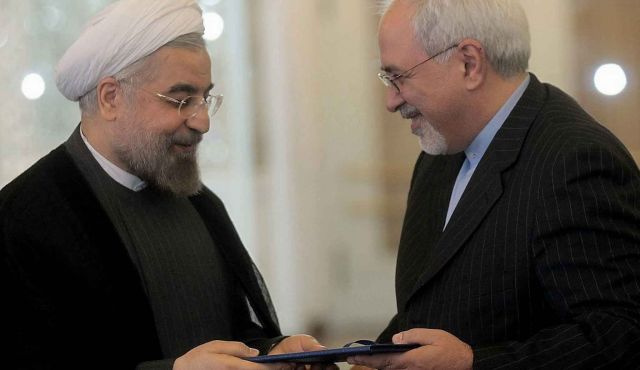Mediation in Foreign Policy

The roots of differences between Iran and the US are the result of geopolitical contradictions between the two countries. But since Iran and the US do not trust each other, they need to agree on a strategy such as the policy of immunization and the reduction of risks to begin interactions. Due to the bad historical precedence and the US' incorrect actions and the lack of transparency in its policies and objectives with regard to Iran before and after the Islamic Revolution, Iran does not trust the US. The US must put aside its position of securitizing Iran's foreign policy measures and in exchange Iran should also pursue a strategic plan to solve an issue which has not only impacted the region but also international equations with good will and using all power leverages. On this path, Iran should not be hasty and should disregard media propaganda and ignore indirect and traditional methods such as mediation and must plan for direct, transparent, and critical negotiations.
What is happening in the Middle East today is, on one hand, the result of the mistakes made by the US and Europe and their regional allies like Saudi Arabia, Turkey, and Qatar, whose policies have disrupted the trend of peaceful developments and the process of the establishment of democracy in these countries. On the other hand, Iran's inactive diplomacy during the past few years has also resulted in this situation and has not yet led to compensations from the US and its allies. This is one of the issues of difference between Iran and the US in the Middle East which is the result of their contradictions in the geopolitical interests of the two countries.
Iran's nuclear issue is only an excuse for the US. The difference between Iran and the US is by nature over Iran's role in the region which the US does not admit to, particularly in the Middle East. This means that, considering the US' objectives in the region which is an important factor in analyzing equations, the methods used by different personalities at different levels do not play a significant role in resolving the issues. The Foreign Minister must draw a comprehensive and effective strategy to solve the issues while safeguarding the security, political, and geopolitical interests of the country. This strategy must be able to force the US to make its objectives transparent with regard to Iran and to stop securitizing Iran's foreign policy and to recognize Iran's right to be active in the international scene and in international relations and to pursue its goals.
Under the present conditions, the US' involvement in Middle Eastern developments, such as disrupting the scene in Syria and Egypt, has complicated problems between the US and Iran and deepened the contradictions in their geopolitical interests. Therefore, the process of solving these problems will not succeed if traditional mediation methods are relied upon. We must rather begin by relying on our strong points, i.e. maintaining the balance of regional equations which the US attempts to weaken. The US has, from the beginning, given a security context to all and any movements in Iran's foreign policy in the region and the world. Containing Iran has been one of the US' priorities and strategies in its foreign policy in the Middle East. The US has made great efforts to pursue this policy and the change of government in Iran will not change anything.
Using traditional methods by itself will not help the resolution of the present complications in Iran's international relations and the problems between the US and Iran. This is while Iran's interaction with the world community and the US' dominating policies need a strategy, policy, and power to solve security, political, and geopolitical differences. Diplomacy must be used to express the realities and define the problems and find relative solutions without simplifying the issues. Hence, a multilateral solution must be found using power leverages and without hastiness and by ignoring media propaganda through planning a strategy for this issue that has not only impacted the region but also international equations.

